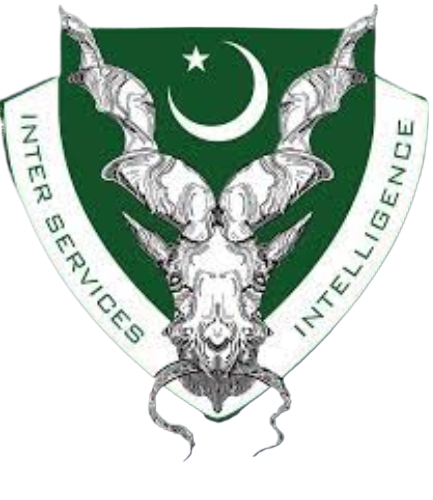- Copy to clipboard
- Thread starter
- Moderator
- #331
- Messages
- 3,043
- Reaction score
- 1,510
@RayKalm behenjee, @TheNewb77 bhai, @Old School bhai, @PakistanProud bhai, @LeonBlack08 bhai, @Vikings bhai, @Saif bhai, and others, please partake of virtual mishty/mithai.
I haven't been this happy in decades!


I haven't been this happy in decades!





